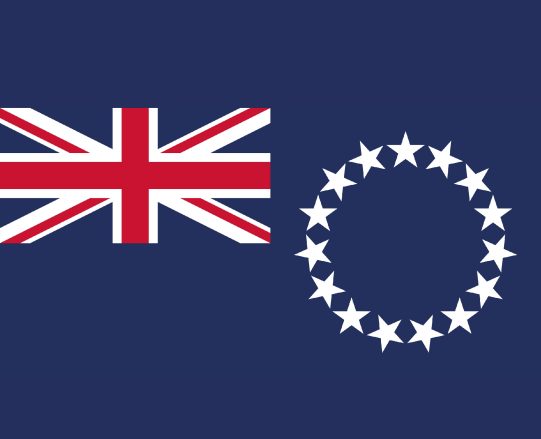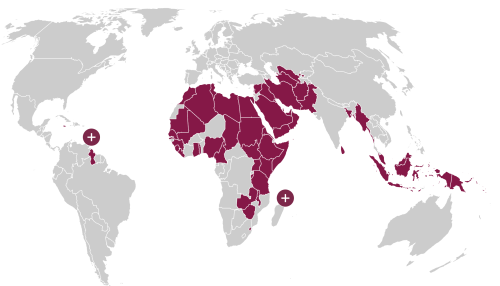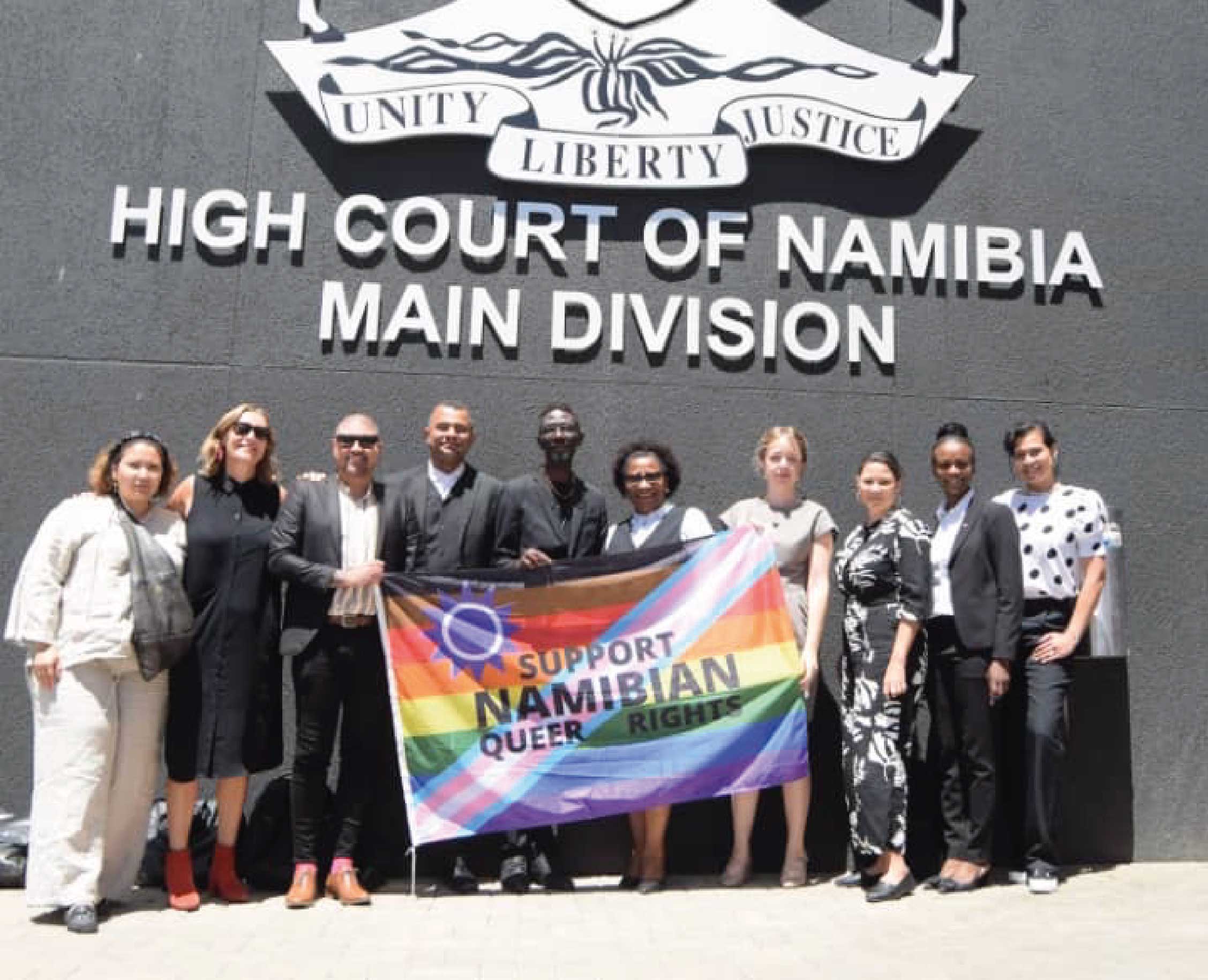In a welcome move for LGBT people in the Pacific, on 14 April, the Parliament of the Cook Islands voted to decriminalise same-sex sexual activity between men. The Crimes (Sexual Offences) Amendment Bill removes any clauses that made consensual sexual acts between men illegal and will come into force on 1 June 2023.
Alistair Stewart, Head of Research and Advocacy at the Human Dignity Trust says, ‘The Trust congratulates the activists, parliamentarians and LGBT community members who have been working for years to achieve the reform of these discriminatory laws imposed by British colonisers. In repealing these laws, the Cook Islands have removed a legal relic from the books and affirmed that LGBT Cook Islanders can be authentically themselves and live more openly and freely.’
This is the beginning of new times of modernisation! The rainbow community in the Cook Islands couldn’t be more elated. This is the right step and the only way forward for our country.
‘It is not the government’s role to interfere in the private lives of individuals when activity is consensual and has not caused harm to anyone,’ Cook Islands’ Prime Minister Mark Brown told Parliament on 14 April.
The Crimes Act 1969 criminalised ‘indecent acts’ and acts of ‘sodomy’ with the provisions carrying a maximum penalty of five years’ imprisonment. Only men were criminalised under this law. The Crimes (Sexual Offences) Amendment Bill will remove these provisions from the Crimes Act 1969. Interestingly, an explanatory note for the Bill said there was a growing acceptance to respect privacy and not discriminate against LGBT communities.
The Cook Islands, a self-governing territory in free association with New Zealand, inherited its criminalising provisions from the British during the colonial period, in which the English criminal law was imposed upon New Zealand and the Cook Islands.
In the Pacific region, LGBT people are still criminalised in Kiribati, Papua New Guinea, Samoa, Solomon Islands, Tonga and Tuvalu.
‘In stark contrast to some parts of the world where we are increasingly seeing retrogressive legislation and attacks on LGBT human rights, this repeal sends a wider message of tolerance and respect for diversity across the Pacific and beyond,’ added Alistair Stewart.
Notes to Editors
- For more information on the Cook Islands’ journey to decriminalisation, visit our country profile.
- The Human Dignity Trust works with LGBT activists around the world to defend human rights in countries where private consensual sexual activity between people of the same sex is criminalised. With pro bono assistance from the international legal community, we support local organisations that are challenging laws that persecute people on the basis of their sexual orientation and/or gender identity.
- See our online map for information on countries around the world where LGBT people are still criminalised.
- For more information, contact: Nafisa Dahir, Communications Officer, Human Dignity Trust, E: Nafisadahir@humandignitytrust.org




